
The Aquaculture Europe 2025 congress will be held in Valencia
Promoted by IATS, and with Professor Jaume Pérez as chair of the steering committee, it will be held from September 22-25, 2025 in the city of Valencia. More information: Official announcement of the European Aquaculture Society (EAS) and press…
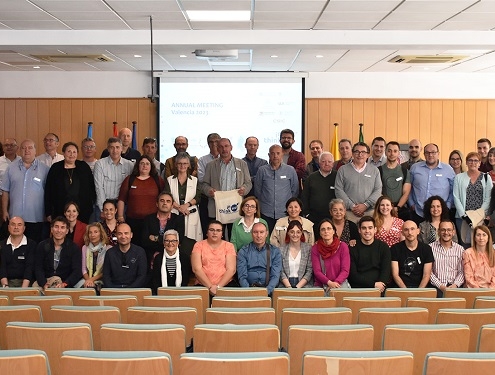
First ThinkInAzul Comunitat Valenciana annual meeting
The first annual meeting of the R+D program in Marine Sciences, ThinkInAzul, in the Valencian Community took place on April 18 and 19 at the Catholic University of Valencia (link to CSIC Delegation press release).
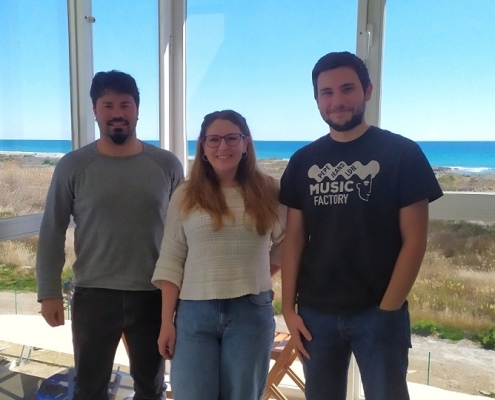
New additions to Nutrigenomics Goup
These are the newest faces of Nutrigroup. Leyre Álvarez has been incorporated as project manager to handle the administrative tasks of the coordination of the Thinkinazul project. Ricardo Domingo starts his Phd with a contract from the FishNUTRIWELL…
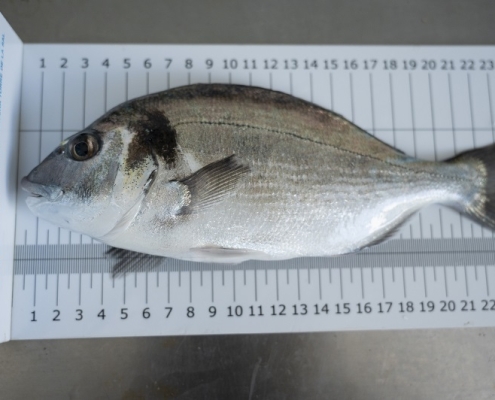
Contribution of AquaIMPACT to aquaculture microbiota
Participation of IATS Nutrigenomics Group and the interesting results on fish microbiote analysis within EU AquaIMPACT project have been highlighted in a press release (link in english) in Central CSIC and CSIC Valencian delegation websites…
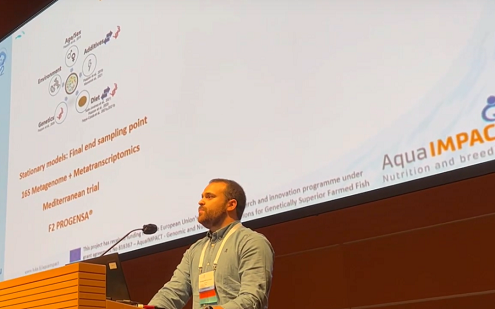
AquaIMPACT Newsletter
The 7th Newsletter of the EU project AquaIMPACT has been released. It is focused on the main achievements of the project in 2022, and one of the chosen highlights has been the nomination of our Fernando Naya-Català for the Student Spotlight…
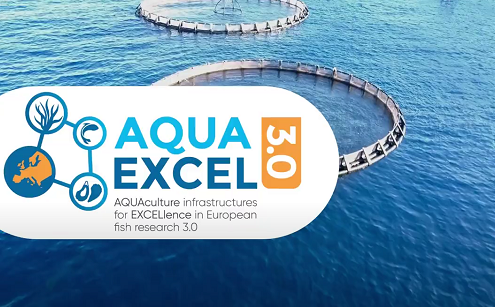
TNA Success Stories: Microbiome studies in gilthead sea bream
The second e-newsletter of the European Project AQUAEXCEL3.0 has been recently released, and it highlights the contribution of the microbiome analysis platform of IATS infrastructure in the form of successful TNA works.
This platform has…

Two IATS researchers on the World’s Top 2% Scientists 2022 ranking
The latest update of the Stanford University list that ranks the 2% of the most influential researchers in the world (World’s Top 2% Scientists 2022) includes two researchers from our Institute. They are Professors Ariadna Sitjà-Bobadilla,…
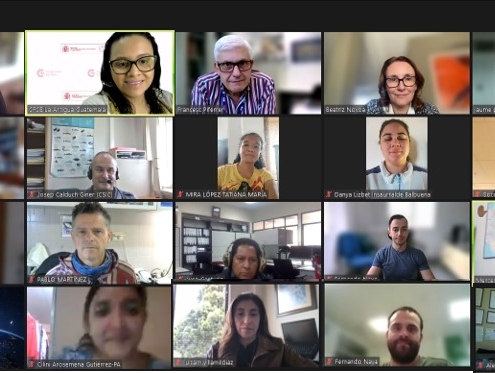
AECID activity on precision aquaculture
The online activity "Precision aquaculture: how to improve production through the nutrition and health of farmed species" took place from October 24 to November 3. This is one of the five courses promoted by the Spanish Agency of International…
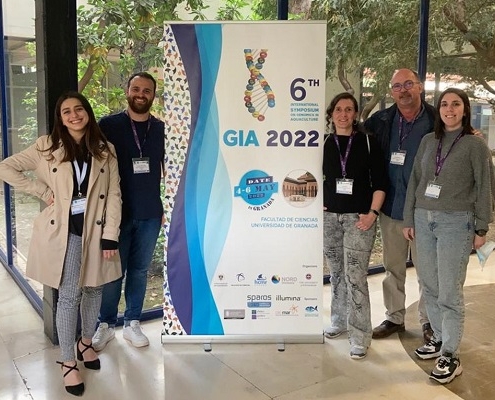
6th International Symposium on Genomics in Aquaculture
Researchers and students of Nutrigenomics and Fish Pathology groups of IATS have attended the 6th International Symposium on Genomics in Aquaculture, held in Granada (May 4-6). They have participated in three oral communications.
Beatriz…
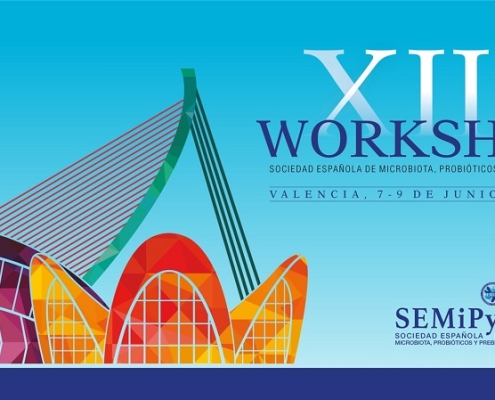
XIII Workshop de la Sociedad Española de Microbiota, Probióticos y Prebióticos
Prof. Jaume Pérez-Sánchez was invited by the Spanish Society of Microbiome, Probiotics and Prebiotics to give a conference at their XIII Workshop, held in Valencia (June 7-9). His talk was focused on the latest group results in National and…





